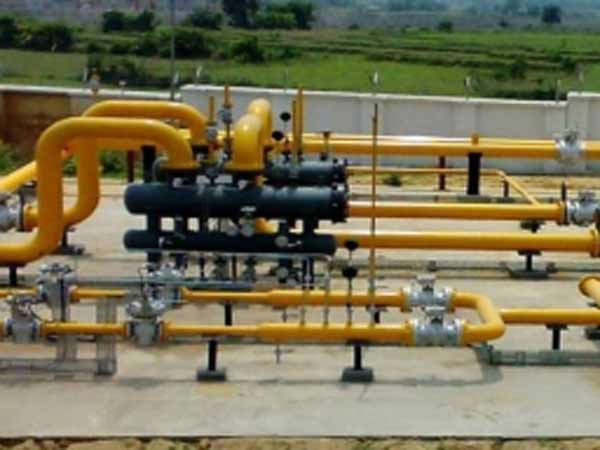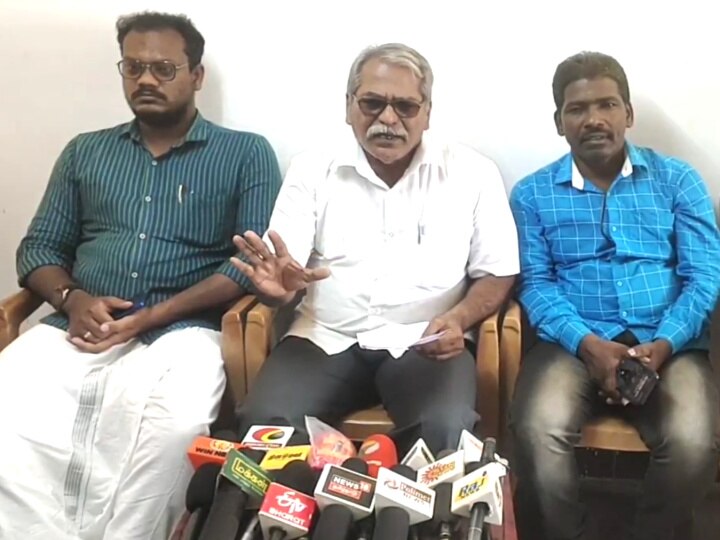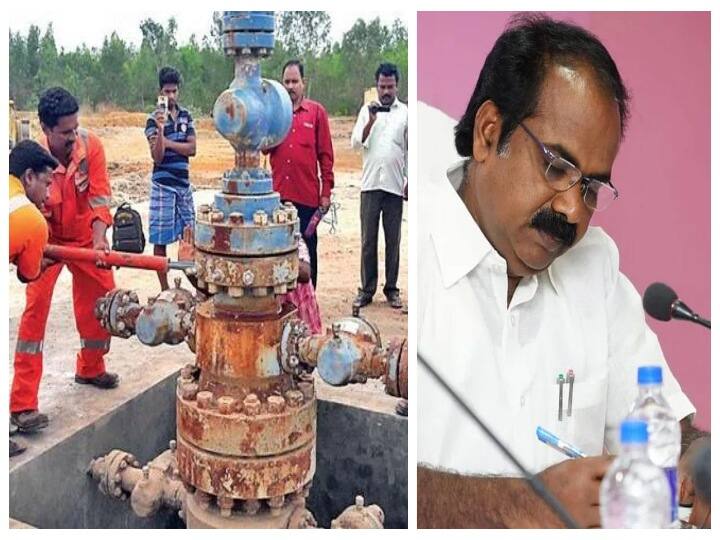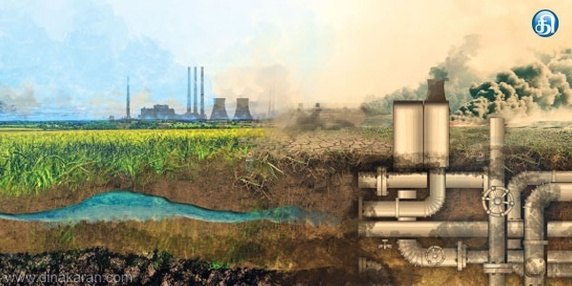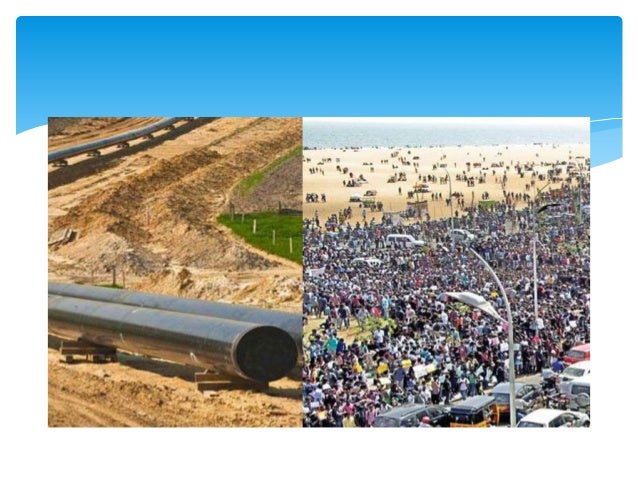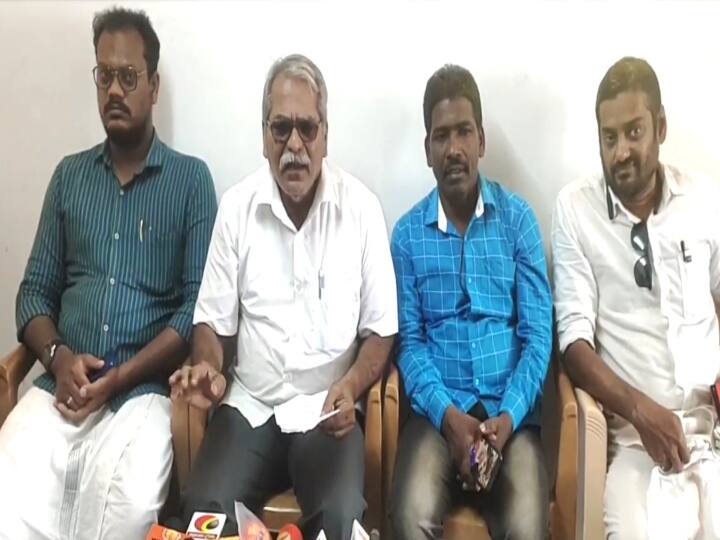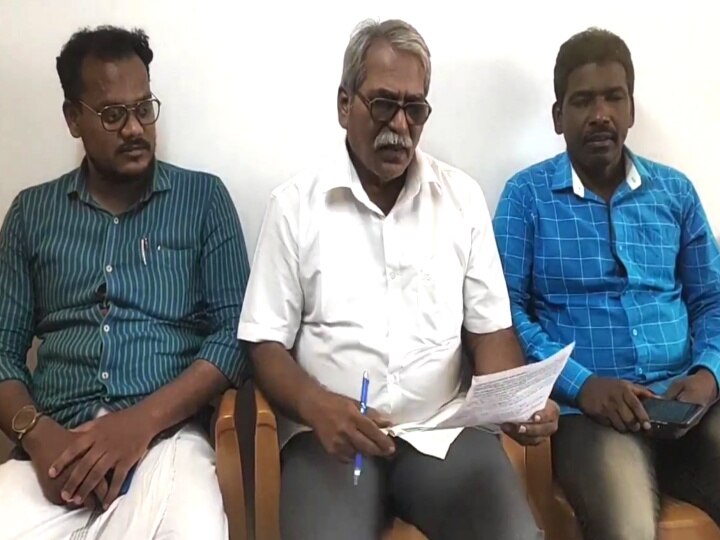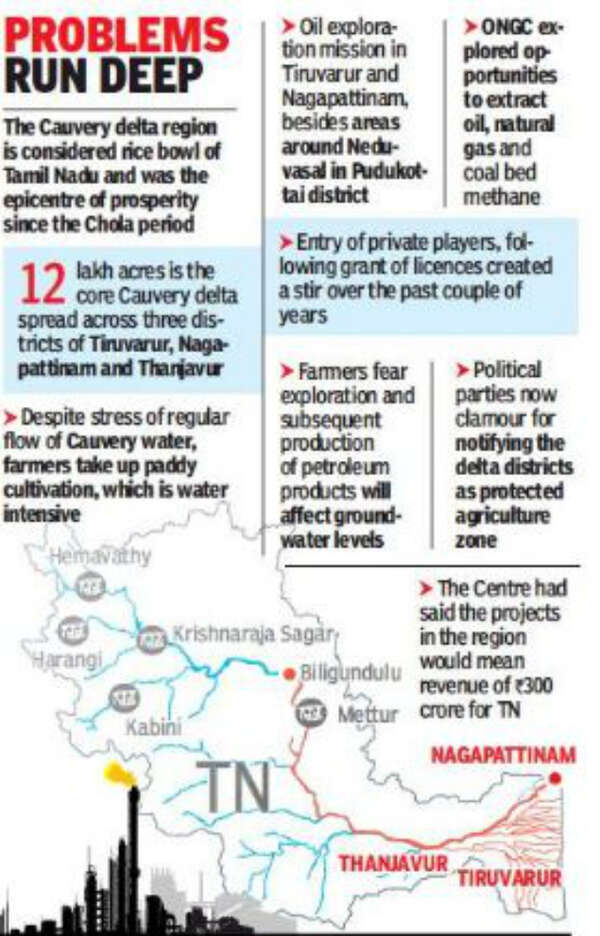Methane Project In Tamilnadu Latest News

The contentious issue of methane extraction in Tamil Nadu has resurfaced, with recent developments sparking renewed debate among environmental activists, farmers, and policymakers. While large-scale projects remain stalled, smaller exploratory activities and ongoing discussions about alternative energy sources keep the topic alive, raising questions about the state's energy future and the impact on its agricultural heartland.
At the center of the debate are concerns about the potential environmental damage and displacement of agricultural communities. This article examines the latest developments surrounding the methane project in Tamil Nadu, providing a balanced view of the involved parties and their perspectives.
Background and Initial Controversy
Initial proposals for methane extraction, primarily focusing on the Cauvery Delta region, faced strong opposition from local communities. Farmers feared that the projects would contaminate groundwater, damage fertile land, and lead to the destruction of their livelihoods.
Several organizations, including farmers' associations and environmental groups, organized protests and legal challenges against the projects, citing potential violations of environmental regulations and the lack of adequate consultation with affected communities.
Stalled Projects and Renewed Interest
Due to sustained opposition, large-scale methane extraction projects by companies like Great Eastern Energy Corporation (GEECL) were effectively stalled. However, the state government has expressed continued interest in exploring alternative energy sources to meet its growing energy demands.
This has led to discussions about different approaches to methane extraction, including smaller-scale pilot projects and the potential for utilizing existing infrastructure for environmentally safer methods. The focus is now on technology that can minimize the environmental impact.
Current Status and Recent Developments
While major projects remain on hold, exploratory activities and research into alternative extraction methods are ongoing. The state government, along with research institutions, is reportedly assessing the feasibility of extracting methane using more sustainable and environmentally friendly techniques.
These discussions include exploring options like Coal Bed Methane (CBM) extraction, with stricter environmental safeguards. The emphasis is on ensuring minimal impact on groundwater resources and agricultural productivity.
Recent statements from government officials indicate a commitment to transparency and community engagement in any future energy projects. Public hearings and consultations are expected to be integral parts of the planning and approval process.
Concerns and Perspectives
Despite assurances from the government, skepticism remains high among farmers and environmental activists.
They argue that any form of methane extraction carries inherent risks to the environment and the agricultural economy of the Cauvery Delta region.
Concerns about potential groundwater contamination, land degradation, and the impact on agricultural yields continue to be raised. The lack of trust in government promises is a significant obstacle to progress.
Advocates for the project argue that methane extraction can provide a valuable source of energy for the state, reducing its dependence on imported fossil fuels. They also point to the potential for creating jobs and boosting the local economy.
Potential Impact and Future Outlook
The future of methane projects in Tamil Nadu hinges on the ability of the government and project developers to address the concerns of local communities and ensure environmental sustainability. A transparent and participatory approach is crucial for building trust and achieving consensus.
If successful, sustainable methane extraction could potentially contribute to the state's energy security and economic development. However, failure to address environmental concerns and community anxieties could lead to further conflict and jeopardize the region's agricultural heritage.
The coming months will be crucial as the state government continues to explore alternative energy options and engages with stakeholders to find a path forward. The key will be balancing the state's energy needs with the protection of its environment and the livelihoods of its people.
